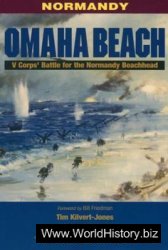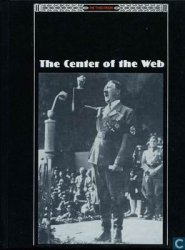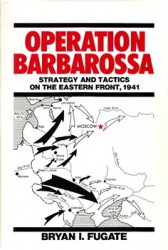The term New World was used by Europeans to refer to the Western Hemisphere.
When Christopher Columbus arrived in the Caribbean in October 1492, he recognized that he had not, in fact, made it to East Asia. As a result, he determined that he had found territory Europeans had never known about earlier. He thus did what Europeans always liked to do in such circumstances: He decided to give new names to the places he found. That act of renaming made sense to Columbus and other Europeans because he had, in their minds, discovered new territory. Amerigo Vespucci used the term for the title of his 1505 report about his ventures: Novo mondo retrovato—“New world found.” Richard Hakluyt the Younger had a clear understanding of the term. In the preface to his collection of travel accounts relating to America published in London in 1600, Hakluyt wrote that the reports that followed dealt with “The New World. New, in regard to the new and late discovery thereof made by Christopher Colon, alias Columbus, a Genoese by nation, in the year of grace 1492. And world, in respect of the huge extension thereof, which to this day is not thoroughly discovered.” From the perspective of the indigenous peoples of the Western Hemisphere, by contrast, the renaming was only the first in what became a series of acts of appropriation of territory that did not, to them, need to be discovered because they already knew of its existence.
It is impossible to overestimate the significance of the Western Hemisphere—this New World—to Europeans. Because ancient authorities did not know of its existence, Columbus’s reports and those that followed necessitated a reconceptualization of the earth’s geography, a task that proved difficult to people who did not easily abandon an intellectual construction of the world that placed Jerusalem at its center and rested on the belief that there had to be a balance of territory to the east and west (see T-O MAPs). Every exploratory venture to the Western Hemisphere brought back news about the wonders to be found there. Such reports were often inaccurate, but even exaggerated accounts of the enormous natural bounties enticed further exploratory ventures. Because the peoples of the Western Hemisphere lacked Christianity, Europeans eager to profit from the material resources of the Americas also justified their expeditions on religious grounds: They would be, in their own way, a new generation of evangels bringing the word of their God to a people who, so Europeans repeatedly claimed, needed to be enlightened. Although Europeans routinely failed in their efforts to get the indigenous peoples of the Western Hemisphere to accept their religion and culture in the precise ways the newcomers intended, there is no question that the ships carrying various commodities from the Americas enriched Europeans. By the end of the 16th century, promoters of colonization could argue that Europeans should establish settlements in the Americas because this territory had become, to them, a grand shopping emporium where whatever Europeans wanted could be found. Reports of travelers printed across the continent (see PRINTING PRESs) made knowledge about American resources common and encouraged further colonizing ventures.
In recent years the term New World has become problematic, and many scholars prefer not to use it. To this new generation of observers, many of them made more sensitive to the arrogance of the term as a result of the enormous discussion of the age of discovery that took place in the 1990s as a result of the quincentennial of the Columbus voyages, the old terminology is an unacceptable relic from the colonial era.
Further reading: J. H. Eliot, The Old World and the New, 1492-1650 (Cambridge: Cambridge University Press, 1970); Anthony Grafton, New Worlds, Ancient Texts: The Power of Tradition and the Shock of Discovery (Cambridge, Mass.: Harvard University Press, 1992); Stephen Greenblatt, Marvelous Possessions: The Wonder of the New World (Chicago: University of Chicago Press, 1991); Peter C. Mancall, “The Age of Discovery,” in Louis P. Masur, ed., The Challenge of American History (Baltimore: Johns Hopkins University Press, 1999), 26-53.




 World History
World History









